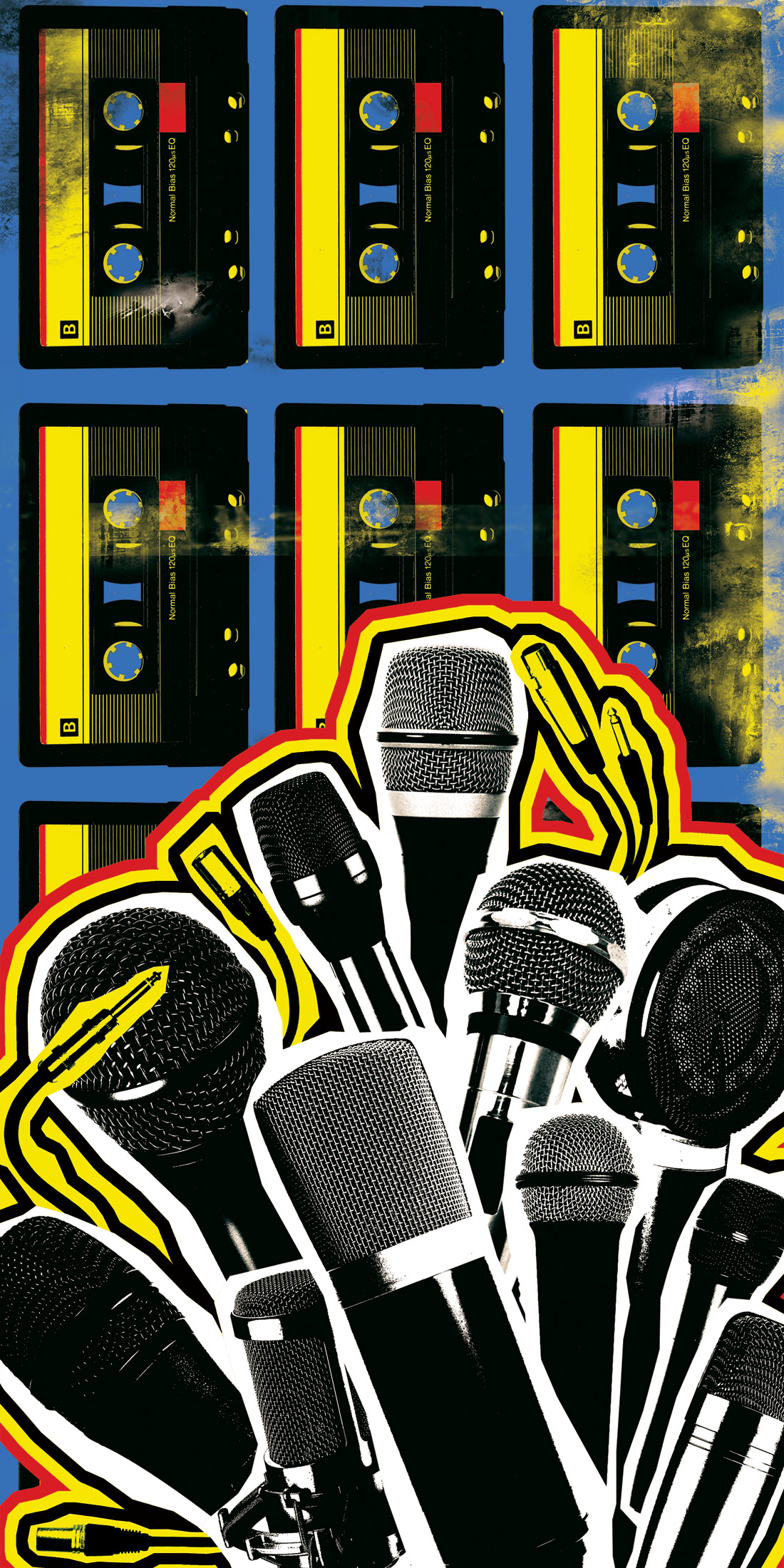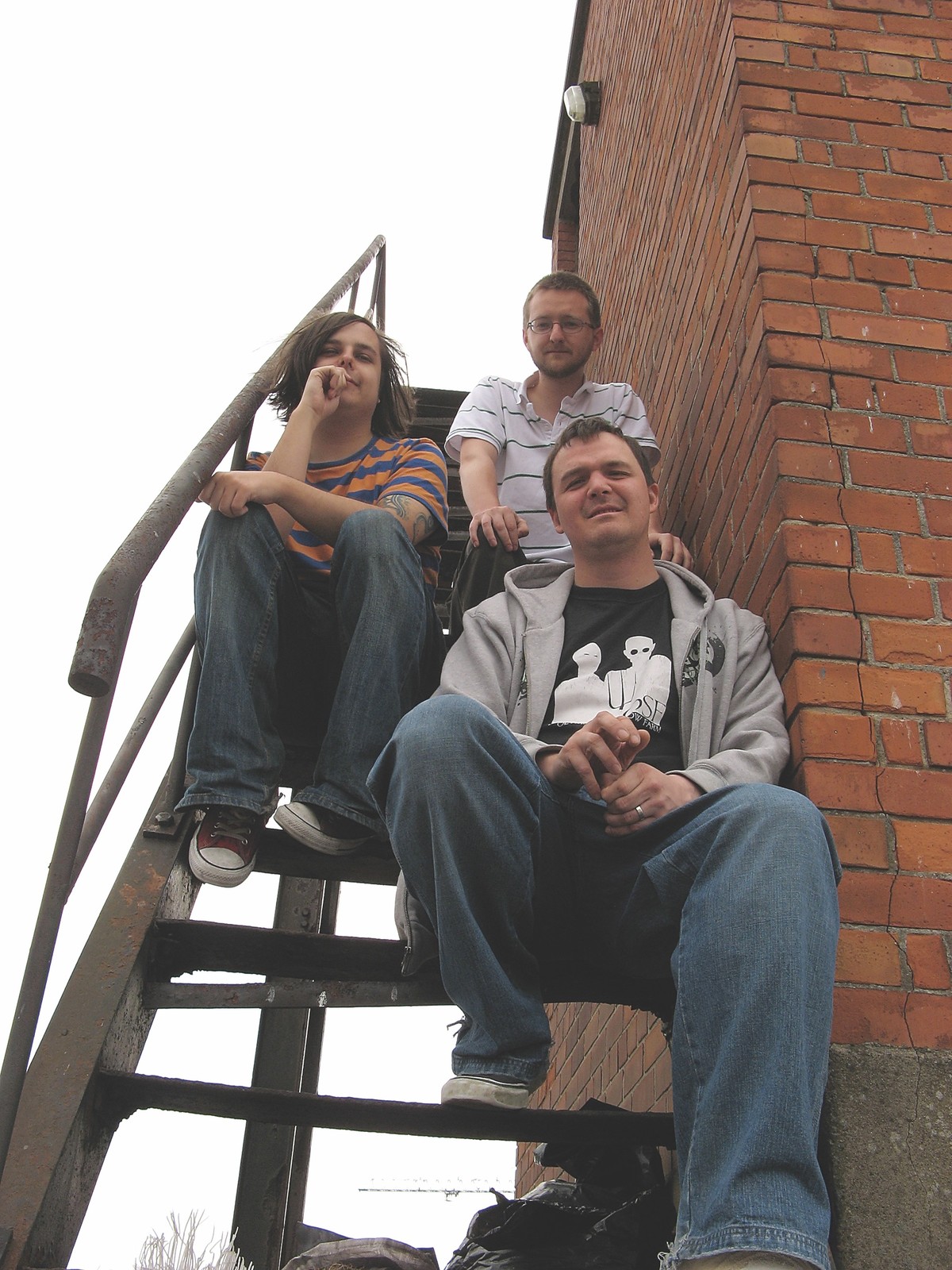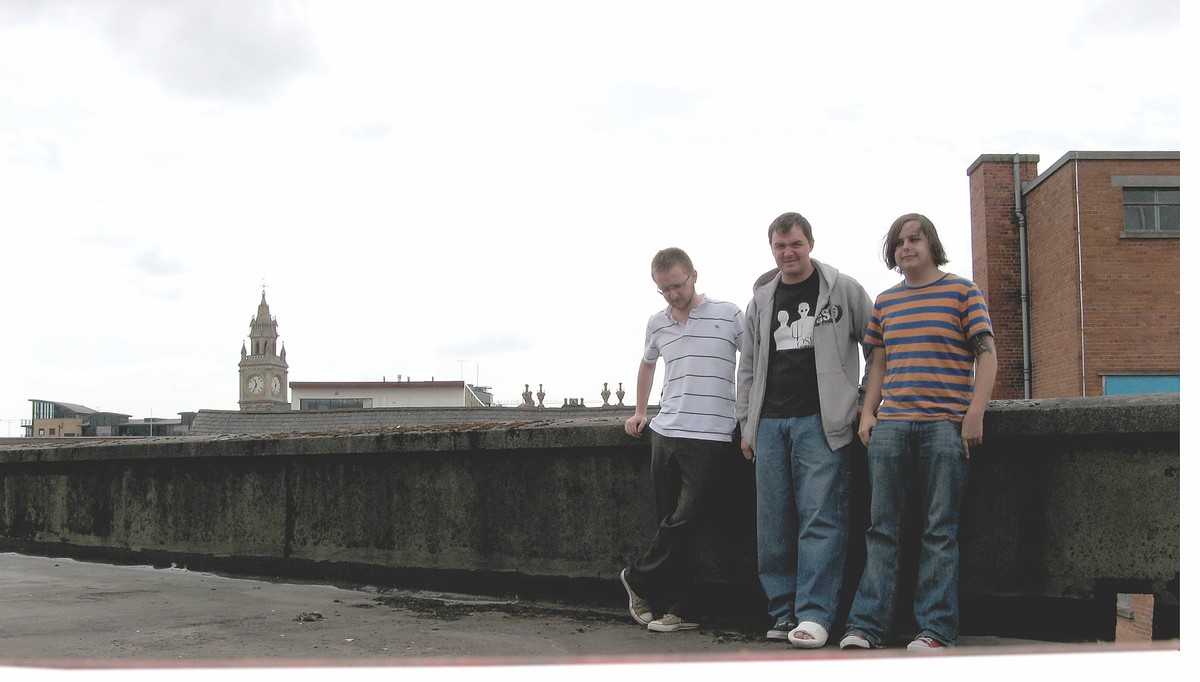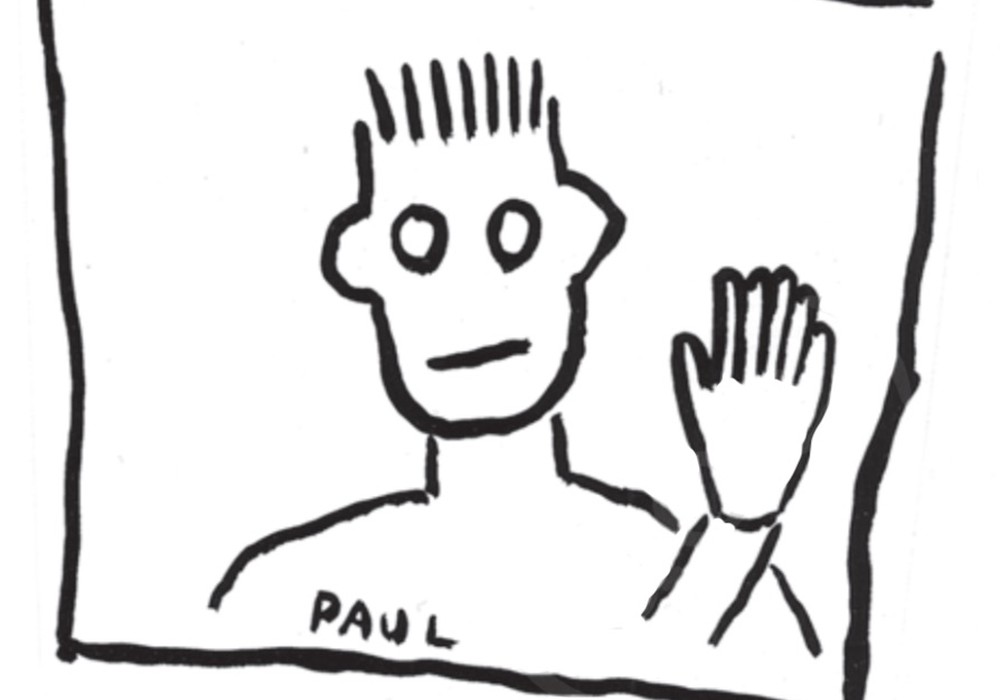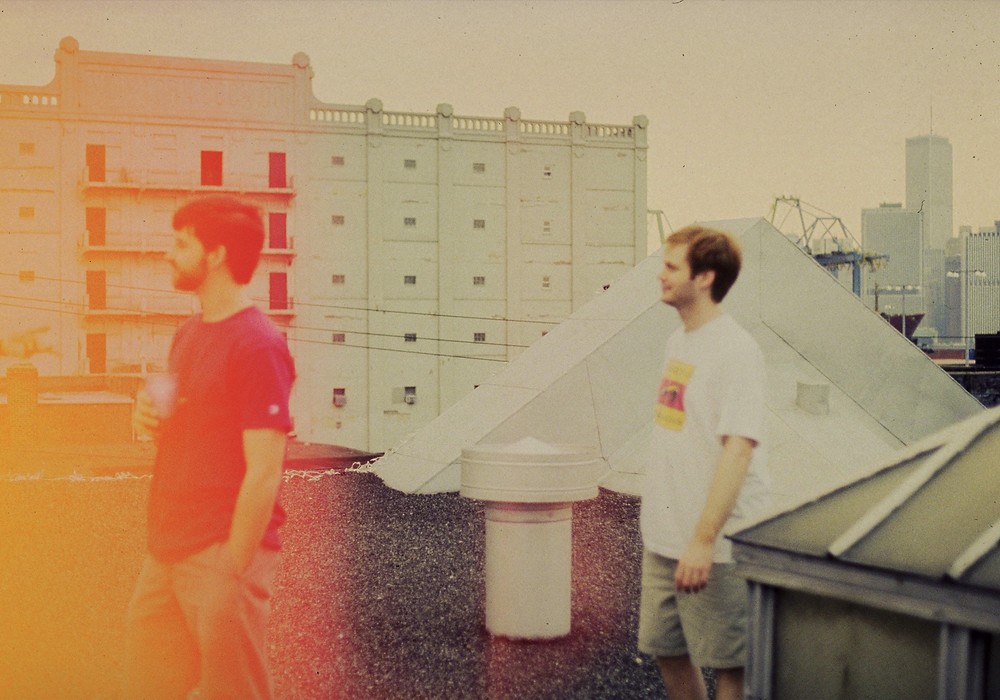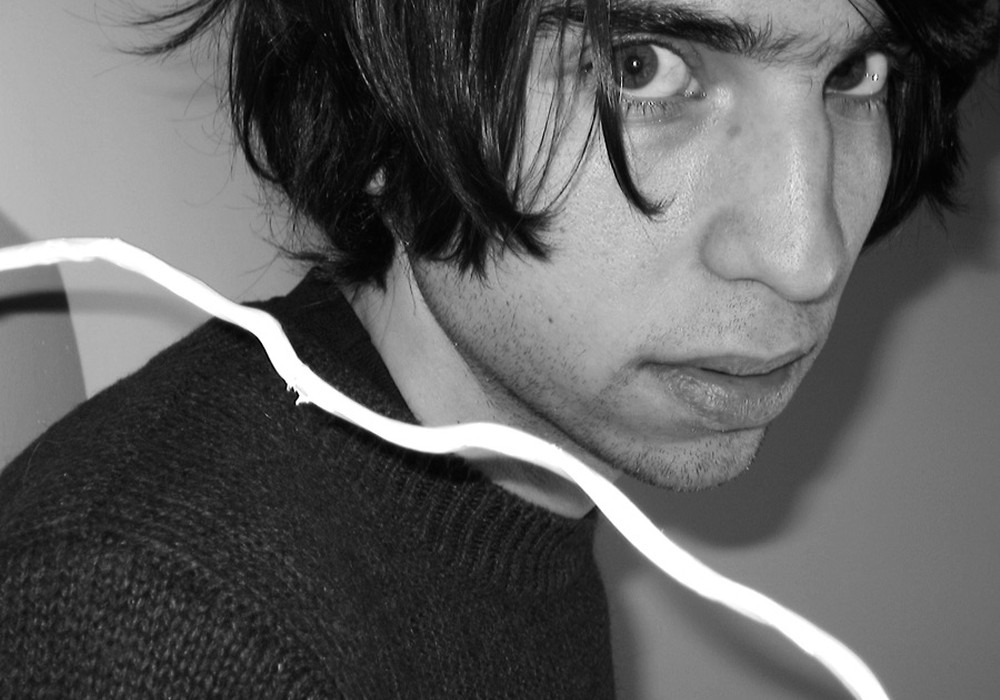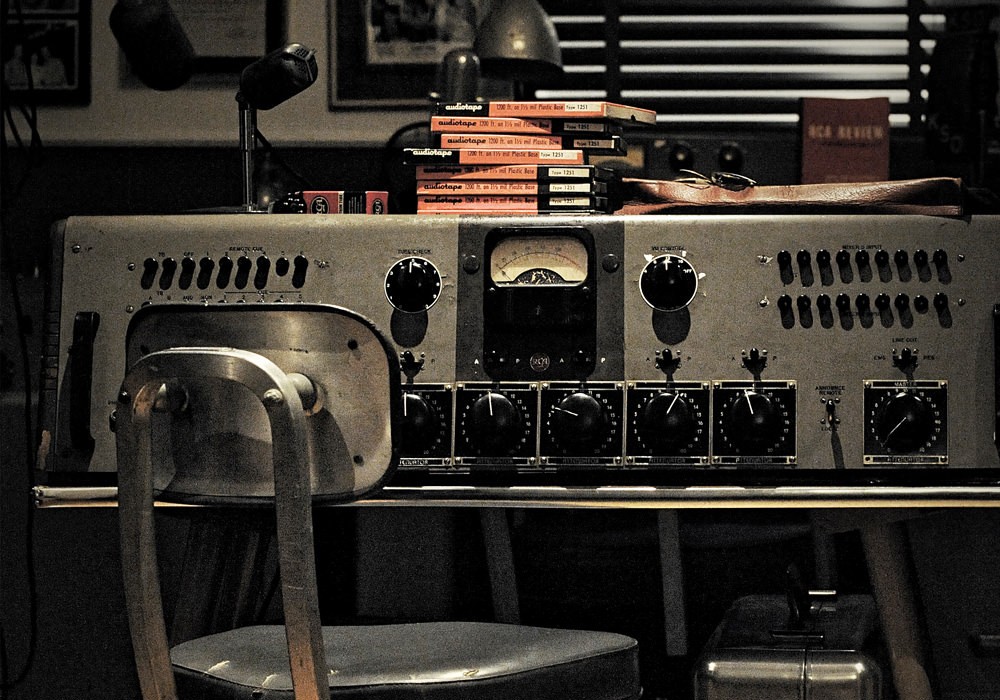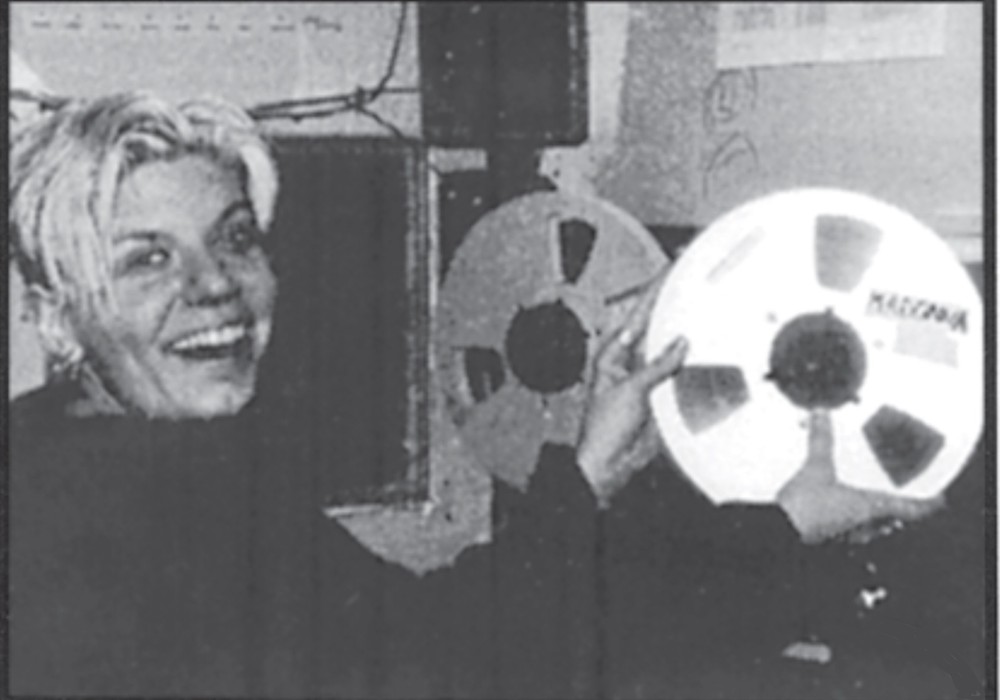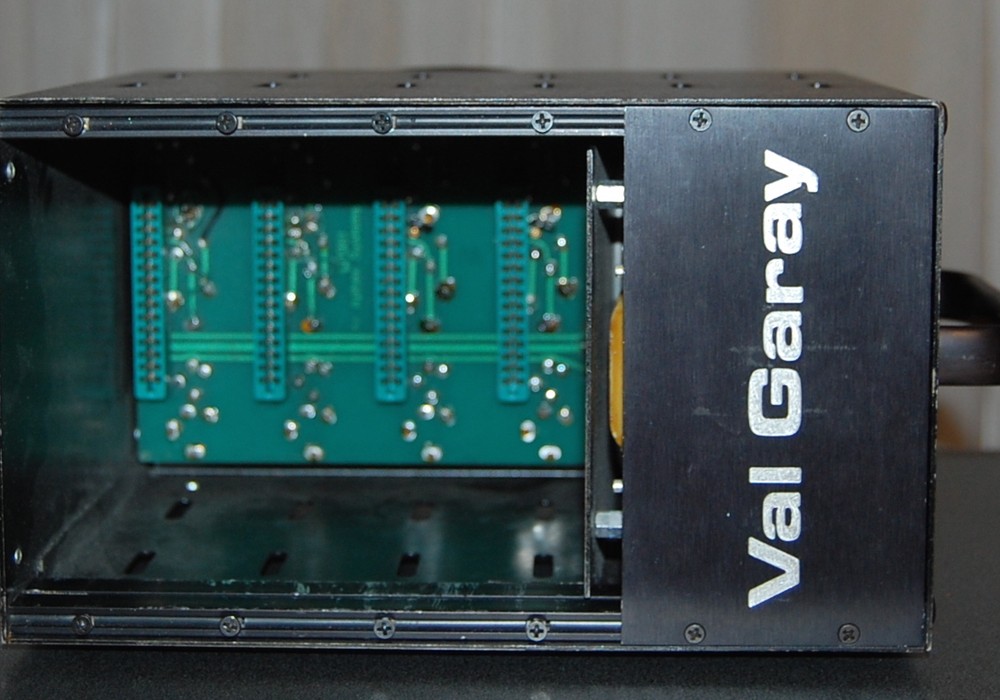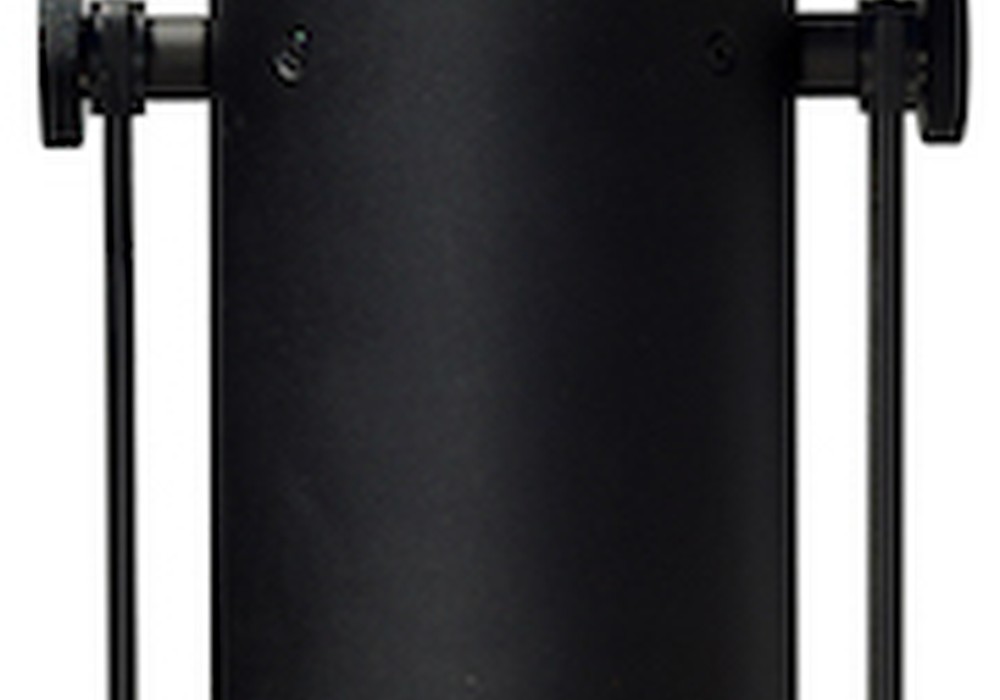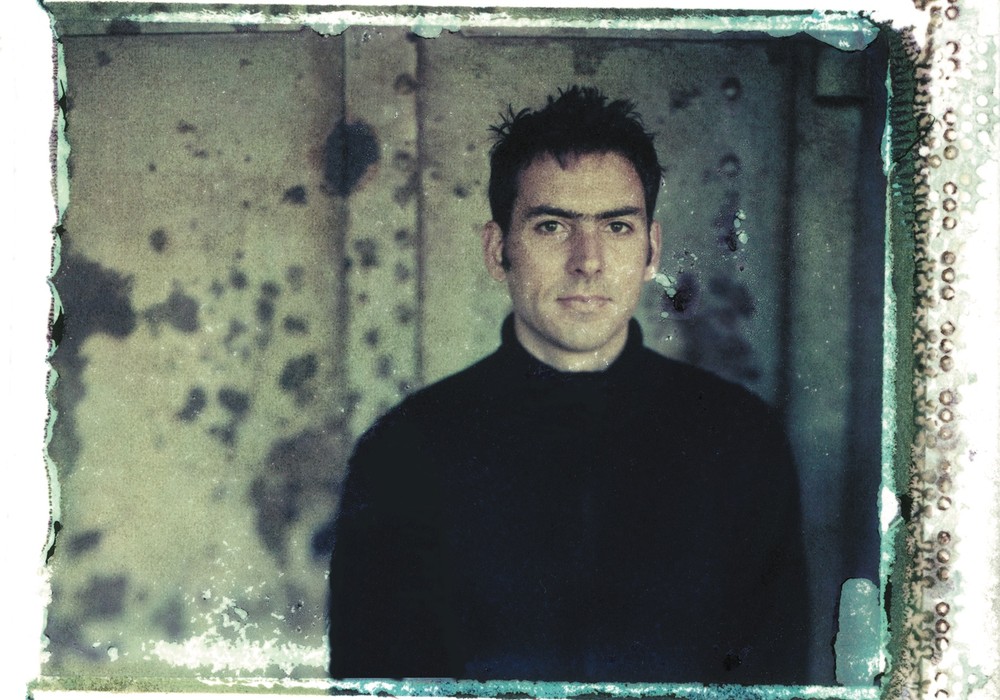Belfast's Oh Yeah Music Centre is a 14,500 square foot complex, an assortment of variously shaped and sized rooms over three floors. It is a place of intriguing sonic possibilities — something the owners of Start Together Studio have been quick to exploit — and a building with a rich and intoxicating past, having played an important role in the city's musical history. The Outlet Recording and Distribution Company occupied the space previous to its current incarnation, and the shell of their original recording studio remains situated in the middle floor. In the 1970s Outlet helped nurture Ireland's always popular country and traditional music scene, the studio being the birthplace of recordings by a wide range of acts, from the ridiculous (Hugo Duncan) to the sublime (Horslips). The Outlet studio struggled on until 2003, the staff working to the very final hour to finish one last recording. Then the power was switched off. In 2005, former assistant editor of theNME and a respected music writer and broadcaster Stuart Bailie — with the support of local luminaries including Snow Patrol's Gary Lightbody and Ash's Tim Wheeler — set about realising a vision that the building could provide a musical hub for Belfast's ever-burgeoning, increasingly vibrant musical fraternity. The centre was named Oh Yeah, derived from the affirmative power of the Ash song title. Rocky O'Reilly, one half of Belfast's celebrated electro-pop act Oppenheimer (with Shaun Robinson) and a recording engineer of many years standing,moved into the Oh Yeah building in 2007. Up until this point he had assembled an enviable recording CV working on numerous renowned Northern Irish recordings with a dizzying range of acts. When O'Reilly first set up base at Oh Yeah the building was little more than a vacant shell. He quickly found a deserted corner and set up a clandestine operation that would serve him for the purpose of recording Oppenheimer's second album, Take The Whole Midrange And Boost It. Given the success of this project and realising that it could be a viable commercial endeavour, O'Reilly decided to utilise the space for the recording of other acts. Start Together, named after the title and sentiment of the 1999 Sleater-Kinney song of the same name, was born.
Soon, O'Reilly invited his long-time friend Ben McAuley to join him in his new initiative. Like the Start Together founder, McAuley had vast experience both as a musician in his own right [most recently with Three Tales] and as a respected engineer of other artist's work. Prior to Start Together, he had made an indelible mark with recordings for the bright and all-too briefly burning post-hardcore act Gaju and for singer-songwriter Pixie Saytar on her laceratingly melancholic The White Book album. Having subsisted for many years on a basic ration of recording equipment in an assortment of bedrooms, houses and rented spaces, McAuley was ready to lay down roots in a proper recording studio and welcomed O'Reilly's invitation to become a part of the newlyminted Start Together. The final member of the team, Barrett Lahey, moved to Belfast from the US in 2005. He met O'Reilly at a Tilly and the Wall show. Coincidentally, Lahey had in fact recorded briefly at Jackpot! Recording Studio and went on to "hang around" and occasionally tape operate for Michael Lastra at the legendary Smegma Studios in Portland, Oregon. He continued to record throughout the Northwest in a bewildering assortment of chicken coops, closets, truck cabs, garages, walk-in freezers, abandoned boats, warehouses and train cars. Start Together Studio has officially been in existence since December 2007. In that short space of time it has played a pivotal role in delivering some of the most exhilarating music to come out of Northern Ireland in the past decade. Though somewhat differentiated by their working methods and approaches to recording, the three inhabitants of Start Together are still very united. Crucially, all three see their role not simply as engineers, producers or facilitators, but as chroniclers, capturing the sound of a vibrant and invigorated generation of Northern Irish musicians. Here, they tell us about their work to date and future ambitions for Start Together.
You each work with all manner of artists of differing levels of ability and at contrasting stages of their careers. Would you say that there is a common philosophy or ethos that you apply at Start Together in working with these various acts?
O'Reilly: We only ever want to work on projects that we genuinely care about. If we don't feel something is musically right for us, we'll say no to it and send them to another studio. We're not here to make money — we're making money to be here.
We've cut some ridiculous deals with artists to make records. I've personally worked on projects that have almost bankrupted me. We want to be involved in documenting the music of Ireland at this time and doing it with a certain style. There are certainly good enough artists here.
Do you think that this is a particularly healthy time for Northern Irish music?
O'Reilly: I definitely think it is. Even judging by the calibre of acts that I've personally had the opportunity to work with this past twelve months — In Case of Fire, And So I Watch You From Afar, mojoFury and Tom McShane to name just a few. There are great magazines like AU, radio outlets like BBC's Across The Line and Electric Mainline, and promoters bringing bands like The Flaming Lips, Headlights and Genghis Tron to Northern Ireland and putting Belfast artists on the stage with them. There are indie labels, like No Dancing and Smalltown America, putting out music they love from our little country — it's without a doubt the most exciting time I've experienced in Belfast.
Lahey: There are good bands playing everywhere, but the concentration of good artists in Northern Ireland at the moment is so striking. I believe that part of the reason for this is that there's really fuck all else to do in Ireland! You can't even really take up canoeing or mountain hiking or outdoors-type activities. So what else are you gonna do but go play music?
What sort of facilities and equipment do you have at your disposal at Start Together?
O'Reilly: We work from both analogue and digital platforms. We're running Pro Tools HD 3, we have a rack of really nice preamps and compressors by Avalon, Universal Audio, Chandler and API amongst others. We also have a great assortment of microphones, drums, organs, guitars, amps, synthesizers and an almost obsessive mix of old tape echoes. We're a collection of touring musicians who spend our afternoons off in music and charity shops digging out the most bizarre new toys we can find. We've also got a bunch of great rooms to work in. But it's something that we never really tend to shout about, because it's not the most important thing — the most important thing is the interaction between us and the artists that come to record here.
McAuley: Yeah — it's all great stuff, but we don't make it the focus of the recordings. As Rocky says, it's all about the people in the bands and what they do and about making sure that we get the best possible performance from them.
How do you go about fostering that connection between you and the musicians?
O'Reilly: It depends on the project. If it's a band who wants to track eight songs in one day, well, you're going to set them up in a good room and you're going to mic them up well and do the best you can in the limited time available. However, what I really love is when I get a artist that is willing to spend four to five months experimenting with layers and pushing the boundaries of what they think their band [is]. That's ideal for me — it provides the opportunity to create something new. But we can facilitate everything in between. The best thing always is musical interaction — it's like getting to be a member of the band. That's why it's important to work with artists that we care about — generally I'd say that 80 to 90 percent of the work that...
